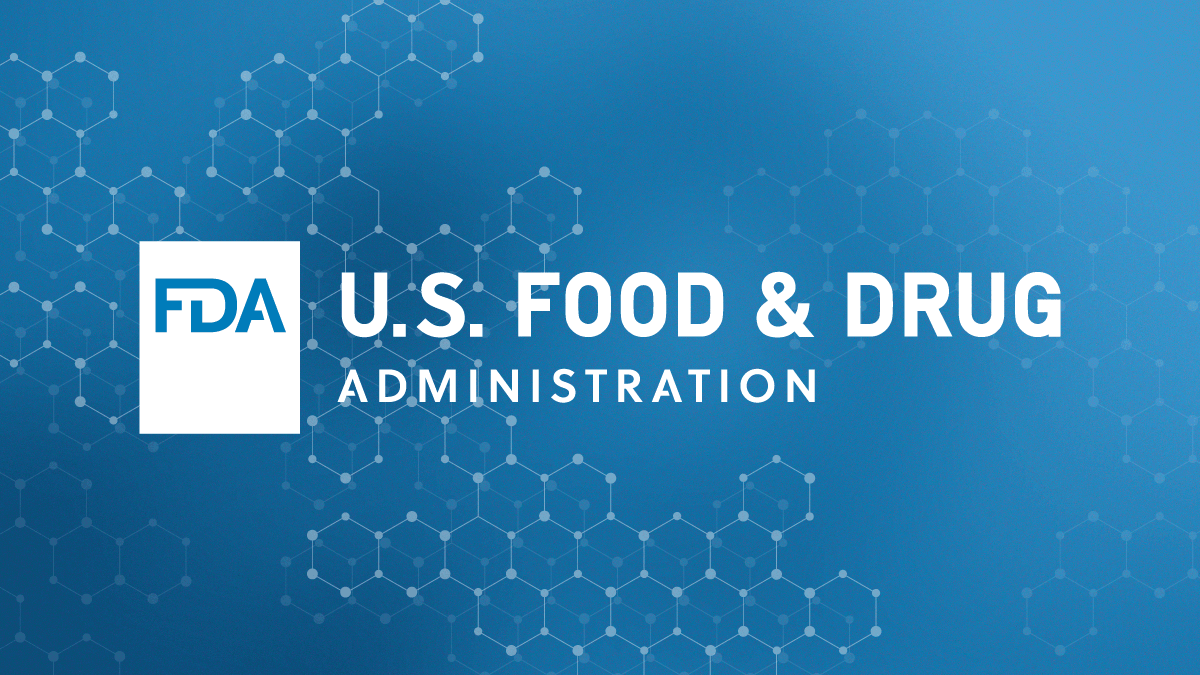The US Food and Drug Administration on Friday said that people should not use ivermectin to attempt to treat or prevent Covid-19. The drug is typically used to treat parasites, such as lice and scabies.
"There seems to be a growing interest in a drug called ivermectin to treat humans with COVID-19. Ivermectin is often used in the U.S. to treat or prevent parasites in animals. The FDA has received multiple reports of patients who have required medical support and been hospitalized after self-medicating with ivermectin intended for horses," the agency's announcement said on Friday.
The announcement noted that the FDA has not approved ivermectin to treat or prevent Covid-19 in humans and the drug is not an anti-viral medication.
"Taking large doses of this drug is dangerous and can cause serious harm," the announcement said, noting that even levels of ivermectin approved for other uses can interact with other medications, such as blood thinners."You can also overdose on ivermectin, which can cause nausea, vomiting, diarrhea, hypotension (low blood pressure), allergic reactions (itching and hives), dizziness, ataxia (problems with balance), seizures, coma and even death."
The announcement comes just a day after new research published in the medical journal JAMA that found ivermectin did not seem to "significantly improve" the time needed for symptoms to get better among patients with Covid-19.
In January, the National Institutes of Health's Treatment Guidelines Panel said that there is not enough data to recommend for or against the drug to treat Covid-19 patients.
The drug is a cheap medication with anti-inflammatory properties and it seemed to stop the virus from replicating in lab studies -- but more research is needed to determine how the drug performs against Covid-19 in real life.
In the JAMA study based in Cali, Colombia, nearly 500 adults with mild disease who had symptoms for seven days, volunteered to help test the drug. The trial is what's known as a double-blind randomized control trial, the gold-standard of trials.
Half the volunteers received the drug for five days, the other half got a placebo, and standard care. Patients were enrolled in the trial between July 2020 and November 2020 and doctors followed up with them through December.
Get CNN Health's weekly newsletter
Sign up here to get The Results Are In with Dr Sanjay Gupta every Tuesday from the CNN Health team.
At the end of the trial, there were a nearly equal number of adverse events -- mostly headache -- in both groups of volunteers. The patients who got the drug said their symptoms subsided by 10 days. For the group that got the placebo, it was 12 days.
Two days was not considered a "significant" improvement.
"The findings do not support the use of ivermectin for treatment of mild COVID-19," wrote the researchers, based in Colombia. The study adds that larger trials may be needed to better understand if ivermectin provides any other kind of benefit to patients with Covid-19. In this case, the study focused on symptoms and mild disease.

 Ivermectin is used for parasite control for horses in USA
Ivermectin is used for parasite control for horses in USA



















.jpg)















